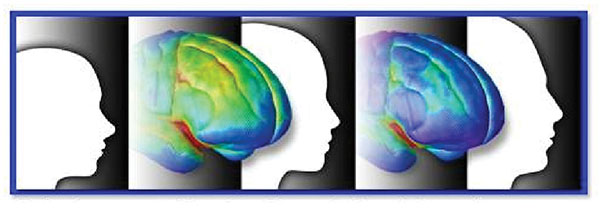Binge Drinking’s Effects on the Developing Brain—Animal Models
Adolescence typically is a time of experimentation and emulation of adult behaviors, and many adolescents initiate alcohol and other drug (AOD) use during this developmental period. Brain development continues during adolescence, which could render the adolescent brain particularly vulnerable to alcohol’s effects. Consequently, adolescent alcohol exposure could result in long-lasting changes in...


